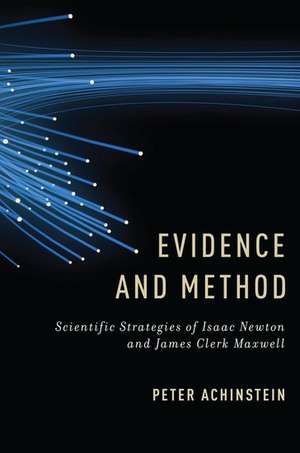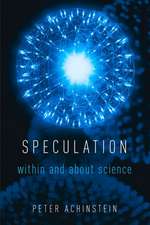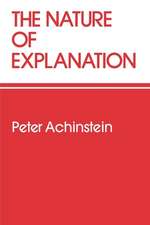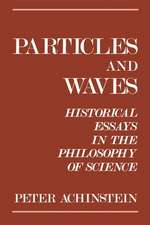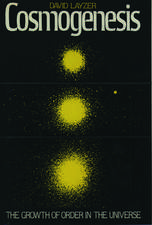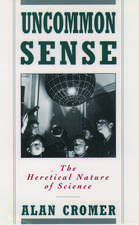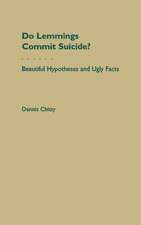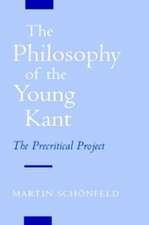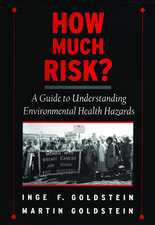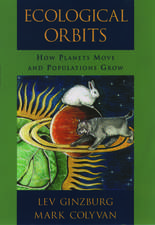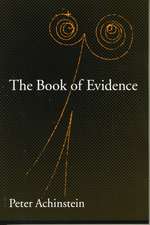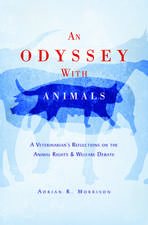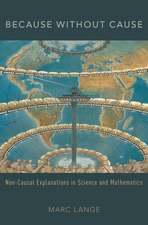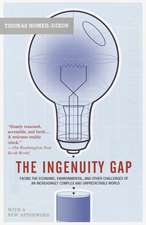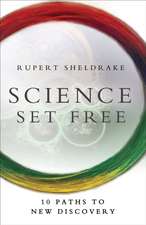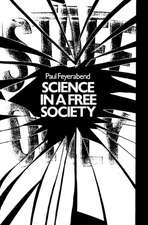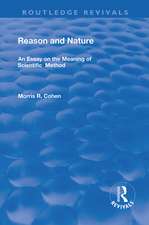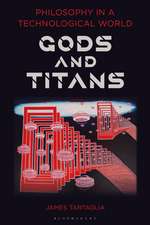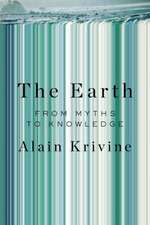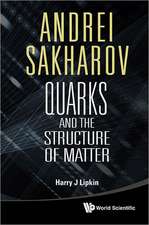Evidence and Method: Scientific Strategies of Isaac Newton and James Clerk Maxwell
Autor Peter Achinsteinen Limba Engleză Hardback – 11 apr 2013
In this book, Peter Achinstein proposes and defends several objective concepts of evidence. He then explores the question of whether a scientific method, such as that represented in the four "Rules for the Study of Natural Philosophy" that Isaac Newton invoked in proving his law of gravity, can be employed in demonstrating how the proposed definitions of evidence are to be applied to real scientific cases. In answering this question, he offers a new interpretation of Newton's controversial rules. Contrary to what many methodologists assume, whether the rules, so interpreted, can be used to determine whether observed phenomena provide evidence for a theory is an empirical question, not an a priori one. Finally, in order to deal with numerous cases in which evidence is insufficient to establish a theory, or where no theory is even available, Achinstein describes and defends three scientific methods proposed by the 19th century theoretical physicist James Clerk Maxwell, in the course of developing his electrical and molecular theories.
Preț: 265.14 lei
Preț vechi: 309.62 lei
-14% Nou
50.73€ • 52.97$ • 41.99£
Carte tipărită la comandă
Livrare economică 24-31 martie
Specificații
ISBN-10: 0199921857
Pagini: 192
Dimensiuni: 148 x 217 x 19 mm
Greutate: 0.33 kg
Editura: Oxford University Press
Colecția OUP USA
Locul publicării:New York, United States
Descriere
What is meant by scientific evidence, and how can a definition of this concept be applied in the sciences to determine whether observed facts constitute evidence that a given theory is true?
In this book, Peter Achinstein proposes and defends several objective concepts of evidence. He then explores the question of whether a scientific method, such as that represented in the four "Rules for the Study of Natural Philosophy" that Isaac Newton invoked in proving his law of gravity, can be employed in demonstrating how the proposed definitions of evidence are to be applied to real scientific cases. In answering this question, he offers a new interpretation of Newton's controversial rules. Contrary to what many methodologists assume, whether the rules, so interpreted, can be used to determine whether observed phenomena provide evidence for a theory is an empirical question, not an a priori one. Finally, in order to deal with numerous cases in which evidence is insufficient to establish a theory, or where no theory is even available, Achinstein describes and defends three scientific methods proposed by the 19th century theoretical physicist James Clerk Maxwell, in the course of developing his electrical and molecular theories.
Recenzii
Notă biografică
Peter Achinstein is Professor of Philosophy at Johns Hopkins University, Director of the Johns Hopkins Center for History and Philosophy of Science, and Jay and Jeannie Schottenstein University Professor at Yeshiva University. He is the author of six books in the philosophy of science, including Particles and Waves, which received the Lakatos Award in 1993. A festschrift in his honor, Philosophy of Science Matters: The Philosophy of Peter Achinsteinwas published by Oxford University Press in 2011.
